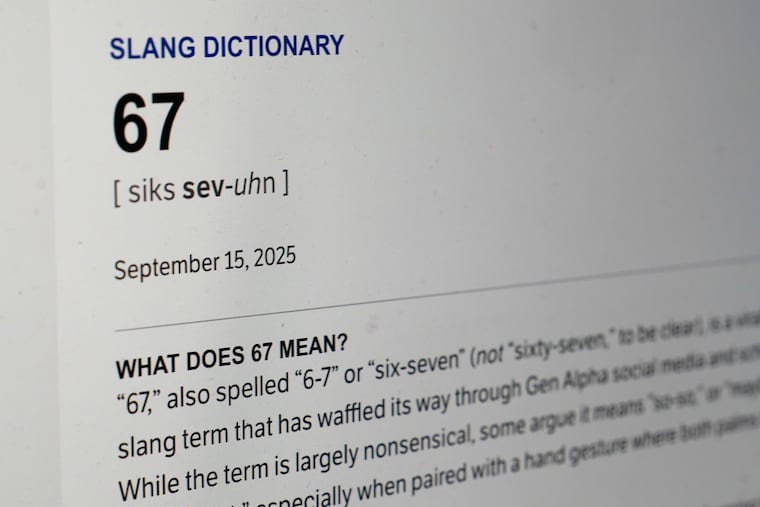Eritrea Faces Human Rights Crisis as Citizens Struggle Under Garrison State Conditions Amid Global Indifference.

In recent years, Eritrea has garnered attention, but the broader context of its governance warrants a more nuanced examination. Paul B. Henze, a notable American writer and security analyst who served during the Carter administration, provided insights into the temperament of Eritrea’s President Isaias Afwerki in his 2007 book, Ethiopia in Mengistu’s Final Years: Until the Last Bullet. He drew parallels between Afwerki and Mengistu Haile Mariam, Eritrea’s former dictator, highlighting certain authoritarian traits that have shaped the political landscape of Eritrea over the last three decades.
Following Eritrea’s declaration of independence from Ethiopia in 1991, many citizens held high hopes for a future marked by democratic governance and economic prosperity, likening their aspirations to those of Singapore. However, rather than fostering a thriving liberal democracy, President Isaias opted for a style of governance reminiscent of Sparta, favoring a militaristic and autocratic regime over democratic ideals.
Under Isaias’s rule, Eritrea has become a state characterized by stringent control, where individual freedoms are largely non-existent. The political climate stifles personal aspirations and creativity, as citizens have been conscripted into a mandatory and indefinite military service, leaving little room for civic engagement or meaningful expression.
The situation for many Eritreans, particularly minority religious and ethnic groups, has been profoundly troubling. Reports have documented cases of religious persecution, leading to Eritrea being classified as a “country of particular concern” by the U.S. Department of State in 2004. The plight of various communities, including the Afar, has similarly raised alarms; a May 2023 report by the UN Special Rapporteur on Eritrea detailed their systemic discrimination and harassment.
Despite the pervasive oppression, the international discourse surrounding Eritrea remains limited. This lack of awareness has dire consequences, as Eritreans continue to grapple with a relentless cycle of violence and conflict under Isaias’s leadership. The country finds itself perpetually engaged in hostilities, from relations with Ethiopia to involvement in the civil strife in Sudan, reinforcing a militaristic culture that permeates its society.
It is crucial for the global community to maintain focus on Eritrea and advocate for its citizens. While discussions of potential diplomatic resolutions with Eritrea’s neighbors are ongoing, awareness and action around the enduring hardships faced by Eritreans must not diminish. The need for intervention and support for the fundamental rights of Eritreans remains pressing as they navigate the complexities of life in a highly controlled society.
ZezapTV encourages readers to engage with the lingering challenges faced by Eritreans and advocate for a future where the aspirations of its people can finally be realized.
#MiddleEastNews #CultureNews






